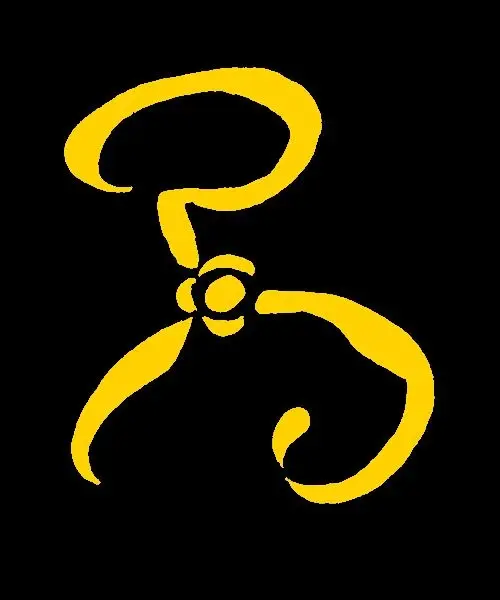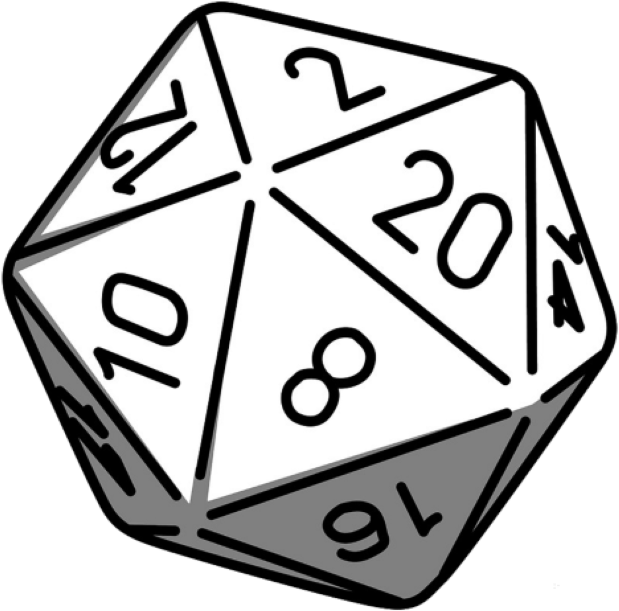

The Crew - Mission Deep Sea - card game with a simple trick taking mechanic. Difficulty is very modular as you decide a difficulty level before each game. Difficulty is decided by the numbers of missions taken and the relative complexity of those missions (this is all explained on the mission cards). Missions are based on which tricks you win, with simple rules like “I win no 1’s” or “I win at least 3 9’s”.
Hanabi - Card playing game where you don’t know your own hand. You describe aspects of each others hands (colours of cards, numbers on cards). Your goal is to place a pile of the cards 1,2,3,4,5 in each of 5 colours. Don’t play with mathematicians.






With larger groups I tend to stick to less mechanically complex games.
Most OSR games can be run on the fly with any number of players. I had a fixed group of 9 run through Keep on the Borderlands, with 1 or two extras jumping in for a session here or there.
My absolute favourite is Savage Worlds. It’ss great as the maths isn’t tight and “balancing” an encounter is just a matter of throwing in more mooks, throw in a wild card per 2 or 3 players. It can fit to any setting, though I strongly recommend Deadlands.
My close second favourite is Call of Cthulhu, which I’ve run with 8 players. There’s not a combat focus so sessions are unlikely to get bogged down, and even then, most combat actions are a simple contested roll. Investigations tend to resolve as people splitting into pairs and following different leads; two go archiving at the library, two visit a sanitarium patient, two head over to the local paper to see if any stories have been published or even blocked by an editor, two stake out points of interest.